A brief description about this Activity.
Confused over the difference between complex and other types of trauma, or how to treat PTSD or CPTSD? Confused by the different methods being advertised as the one way to treat trauma? Concerned you didn’t receive training about working with traumatized clients. Confused about when and how to address a history of trauma and fearful of intensifying your client’s suffering or making your client worse? Not sure you want to work with these issues? This workshop is designed to provide information on these issues and to offer detailed guidance for the treatment of this patient population. Over the past decade, understanding of what constitutes complex trauma and what differentiates it from more time-limited impersonal forms of trauma has grown significantly. Complex trauma is now recognized as the most common type of lifespan trauma with a wide range of developmental and posttraumatic consequences. A history of complex trauma is prevalent in many clients who seek mental health treatment, making it important for clinicians to be able to recognize symptoms and to offer relevant evidence-based and supported treatment and medication, if indicated. This workshop will begin with an overview of advances in defining and understanding complex trauma and its consequences followed by discussion of major diagnostic developments. Complex PTSD (CPTSD) is now included as a freestanding diagnosis in the International Classification of Diseases-11 of the World Health Organization but not in the Diagnostic and Statistical Manual 5 of the American Psychiatric Association, except within the two new sub-types of PTSD, Dissociative PTSD and Pre-Age 6 in Children PTSD. The diagnostic conceptualization of Developmental Trauma Disorder is continuing to be investigated with the hope that it will be in the next iteration of the both the DSM and the ICD. The primary focus of the workshop is the treatment of CPTSD, with an emphasis on recent treatment guidance and innovations. We start by covering the recommendations of the major treatment guidelines (both clinical practice and professional practice) for PTSD as they apply to CPTSD. The presenter (with co-author Dr. Julian Ford) has recently developed a meta-model of CPTSD treatment entitled PRISM referring to trauma-informed and responsive treatment that is Personalized, Relational, Integrative, Sequenced/Strategic, and Multi-Modal/Multi-Dimensional as an update and supplement to the now classic Sequenced Relationship-Based Model outlined in their previous books. The PRISM meta-model will be presented in detail as it is intended to guide the clinician in the treatment of a diversity of clients each of whom have unique histories, contexts, and presentations to address. It will be integrated with and applied within the phases of the sequenced model. Current best practices in the treatment of complex traumatic stress disorders will be presented. This workshop will further address common process issues, transition points, and crises that arise in the treatment of this population. Although no one-size-fits-all protocol is adequate to address the complexity of each such point in treatment, the reenactment of developmental trauma experiences and the emergence of a dissociative fragmentation of consciousness are two prominent dynamics. Two filmed psychotherapy session excerpts developed and archived on the Center for the Treatment of Developmental Trauma Disorders Identifying Critical Moments in Healing Complex Trauma webinar series (available at no cost on learn.nctsn.org) will be shown to demonstrate different approaches taken when clients experience developmental trauma reenactments and dissociation. The sessions were filmed as learning tools with real therapists and actors portraying the clients. They illustrate different paths that therapists can take in guiding clients through critical moments and crises in the treatment. These films provide the opportunity to reflect on elements of the PRISM model that are evident. They also serve as catalysts for discussion for reactions and emotions elicited in the viewer. The workshop will end with discussion of some of the challenges and satisfactions/posttraumatic growth for the therapist that are inherent in work with this population.
Learn more about this Activity.
No Website has been provided for this Activity.
The Provider for this Activity.
